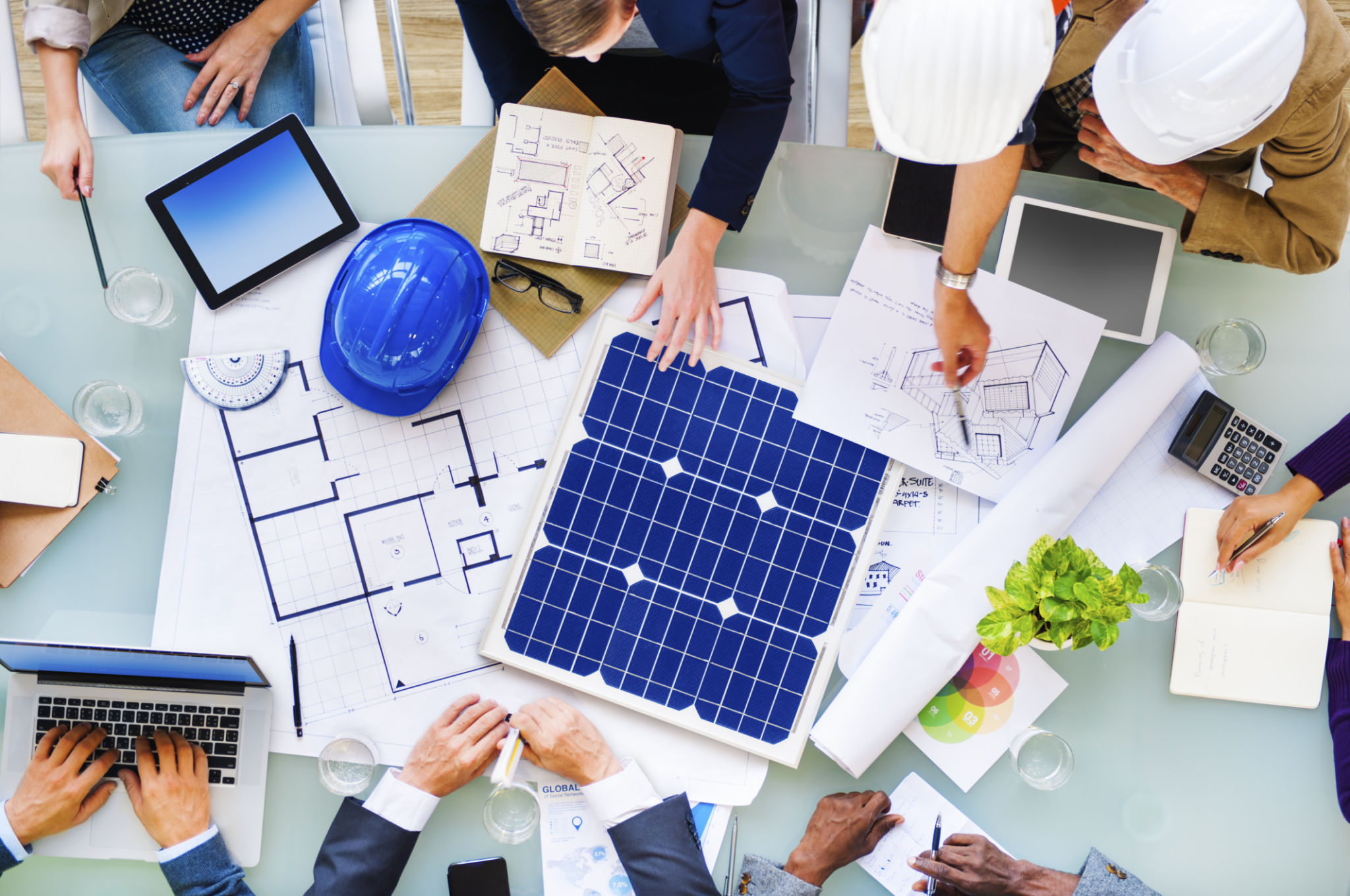How to Maximize Energy Efficiency in Your Custom Home Design
Understand the Importance of Energy Efficiency
Building a custom home presents a unique opportunity to incorporate energy-efficient features from the ground up. Energy efficiency not only reduces your carbon footprint but also significantly cuts down on utility bills. By prioritizing sustainable design principles, you can create a home that is comfortable, cost-effective, and environmentally friendly.

Incorporate Passive Solar Design
Passive solar design is a fundamental aspect of maximizing energy efficiency in your custom home. By strategically positioning your home and utilizing windows, walls, and floors, you can effectively capture and distribute solar energy. This method reduces the need for artificial heating and cooling, making it a cost-effective solution.
Optimize Window Placement
Windows play a crucial role in passive solar design. To maximize natural light and heat during winter, place larger windows on the south-facing side of the home. Incorporate shading solutions like awnings or overhangs to prevent overheating during summer months.
Use Thermal Mass
Materials like concrete, brick, or stone can store heat from the sun during the day and release it when temperatures drop at night. Integrating these materials into your flooring or walls helps maintain a stable indoor temperature, reducing the reliance on mechanical heating and cooling systems.

Choose Energy-Efficient Appliances
Appliances are significant contributors to a home's energy consumption. Opting for Energy Star-rated appliances can dramatically lower your energy usage without sacrificing functionality or performance. From refrigerators to washers and dryers, these appliances are designed to operate more efficiently than their traditional counterparts.
Invest in High-Quality Insulation
A well-insulated home is essential for maintaining energy efficiency. Insulation acts as a barrier to heat flow, keeping your home warm in the winter and cool in the summer. Focus on insulating key areas such as the attic, walls, and floors to prevent energy loss.

Select the Right Insulation Material
The type of insulation you choose can significantly impact your home's energy efficiency. Materials like spray foam, fiberglass, and cellulose offer varying levels of thermal resistance. Consult with an expert to determine the best option for your specific needs and climate.
Implement Smart Home Technology
Smart home technology can enhance your home's energy efficiency by allowing you to monitor and control energy usage remotely. Smart thermostats, lighting systems, and energy management systems provide real-time data and automation features that help optimize energy consumption.
By integrating these strategies into your custom home design, you can ensure a more sustainable and energy-efficient living environment. Not only will this contribute to a healthier planet, but it will also provide long-term savings and comfort for you and your family.
